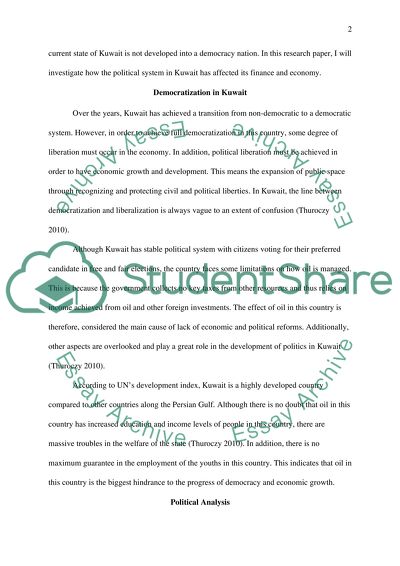Cite this document
(“How Can Political Factors Affect Finance In Kuwait Research Paper”, n.d.)
How Can Political Factors Affect Finance In Kuwait Research Paper. Retrieved from https://studentshare.org/finance-accounting/1401573-how-can-political-factors-effect-finance-in-kuwait
How Can Political Factors Affect Finance In Kuwait Research Paper. Retrieved from https://studentshare.org/finance-accounting/1401573-how-can-political-factors-effect-finance-in-kuwait
(How Can Political Factors Affect Finance In Kuwait Research Paper)
How Can Political Factors Affect Finance In Kuwait Research Paper. https://studentshare.org/finance-accounting/1401573-how-can-political-factors-effect-finance-in-kuwait.
How Can Political Factors Affect Finance In Kuwait Research Paper. https://studentshare.org/finance-accounting/1401573-how-can-political-factors-effect-finance-in-kuwait.
“How Can Political Factors Affect Finance In Kuwait Research Paper”, n.d. https://studentshare.org/finance-accounting/1401573-how-can-political-factors-effect-finance-in-kuwait.


